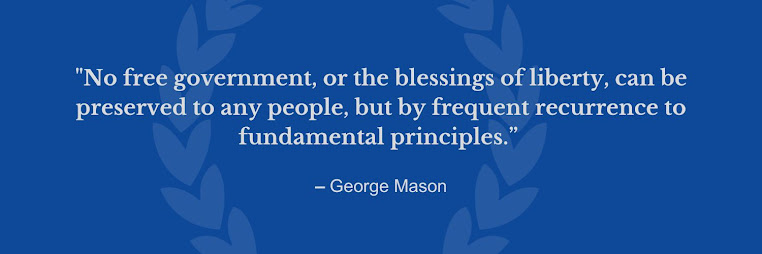On July 27, the FCC issued an order in which it declined to extend the three-year price cap "voluntary" condition it imposed on the Sirius-XM merger. It's welcome news to see the FCC decline to extend price controls on satellite radio services. The order is also revealing for the FCC's acknowledgment that Sirius-XM faces competition, including new competitive alternatives that have emerged since the merger was approved. The existence of such competition demonstrates the emptiness of the horror stories once repeated by the merger critics who sought to block or tie down Sirius-XM with conditions on the basis of narrow market definitions. The FCC's acknowledgment of such competition from close substitutes should be remembered as it analyzes competition in other dynamic markets, including its market analysis of mergers.
The FCC's order pointed out: (1) "[n]o specific proposals to extend the price cap condition were submitted in response to the Public Notice" and (2) "[n]umerous individual consumers commented, the vast majority stating that the Commission should remove the price cap condition and allow Sirius XM to set the price of its subscription packages in response to market forces." There, the agency concluded (3) "the record before us now does not support extending the price cap condition."
Remember that critics of the Sirius-XM merger, such as the National Association of Broadcasters, called the deal a "merger to monopoly." The slogan traded on an unduly narrow set of market definitions, suggesting Sirius-XM would face little or no competition in a field all to itself and be able to wield market power to charge consumers above-market prices. It was also a thoroughly disingenuous claim. As FSF President Randolph May pointed out in comments to the FCC:
If satellite radio constitutes a distinct market, why would the terrestrial broadcasters devote so many resources to trying to defeat the merger? The answer, of course, is that satellite radio does, in fact, compete with terrestrial AM, FM, and HD radio, and a combined XMSirius, with the cost savings realized, should be a stronger competitor than either alone.
That Sirius-XM faces plenty of competition in the broader audio entertainment market was hinted at in the FCC's recent order. It contends that "there is evidence that new competitive alternatives have arisen since 2008." As the FCC explained:
it appears that since the Merger Order new audio services have emerged as viable consumer alternatives, including smartphone Internet streaming applications that can be used in mobile environments such as automobiles equipped with user-friendly interfaces. For example, Pandora Media Inc. ("Pandora"), which provides audio services via Internet streaming and smartphone apps, has demonstrated remarkable growth in popularity in the years since the merger. Other examples of apps that have emerged as alternatives since the Merger Order include Rhapsody, Slacker, Last.fm, and iheartradio. Ford, Toyota, MINI, GM, Mercedes-Benz, and Hyundai are introducing Internet-based streaming services in their vehicles. In addition, data suggest that HD radio has increased since the merger.
Whether Sirius-XM will remain solvent or be a serious player over the long-run in the audio entertainment market remains to be seen. The issue is bigger than Sirius-XM or any one particular competitor it might face. In today's dynamic, digital marketplace, consumers enjoy a variety of information and entertainment options from different platforms operating on different pricing and service models. As pointed out in a prior blog, Thinking "Siriusly" About Satellite Radio Competition – or thinking seriously about competition in general – means that "continued investment and innovation depend on regulators at DOJ and the FCC not taking such a constrained, static view of marketplace competition that they end up maintaining in place or adopting new regulations, or preventing market-driven mergers, which have such investment and innovation-stifling effects."
Hopefully, the end of satellite radio price caps will mark the beginning of clearer thinking about market definitions in dynamic markets.




